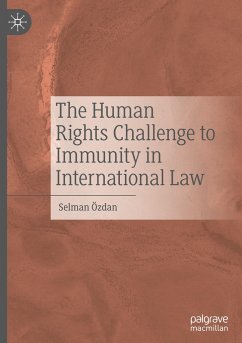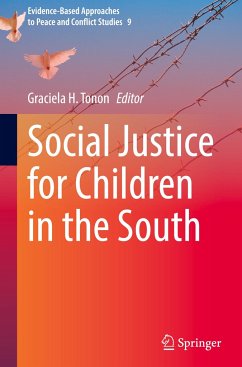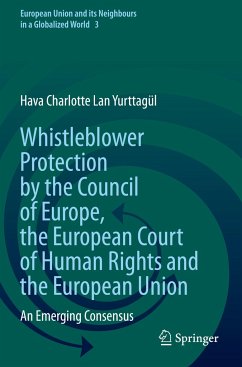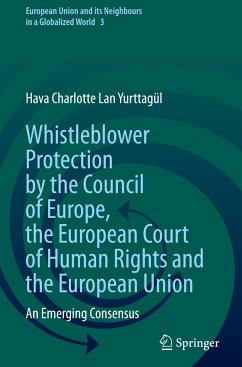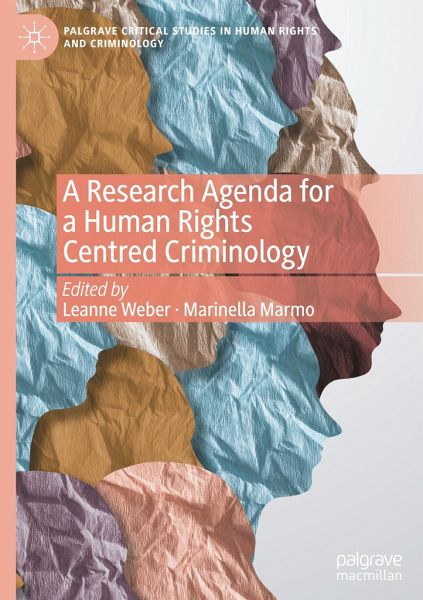
A Research Agenda for a Human Rights Centred Criminology

PAYBACK Punkte
46 °P sammeln!
This edited collection articulates a future direction for research at the nexus of criminology and human rights by bringing together experts from different branches of criminology and criminal justice who, while they may be sceptical about certain aspects of human rights theory or practice, share an interest in realising many of the objectives set out in human rights instruments. It argues that critical criminological research has a significant role to play in identifying whether state and state-corporate power is exercised in ways that align with human rights law and principles, although the ...
This edited collection articulates a future direction for research at the nexus of criminology and human rights by bringing together experts from different branches of criminology and criminal justice who, while they may be sceptical about certain aspects of human rights theory or practice, share an interest in realising many of the objectives set out in human rights instruments. It argues that critical criminological research has a significant role to play in identifying whether state and state-corporate power is exercised in ways that align with human rights law and principles, although the discipline has been slow to advance this agenda. This book covers a wide array of topics and seeks to develop critical human rights approaches within criminology and criminal justice.
Chapter 1 is available open access under a Creative Commons Attribution 4.0 International License via link.springer.com
Chapter 1 is available open access under a Creative Commons Attribution 4.0 International License via link.springer.com






